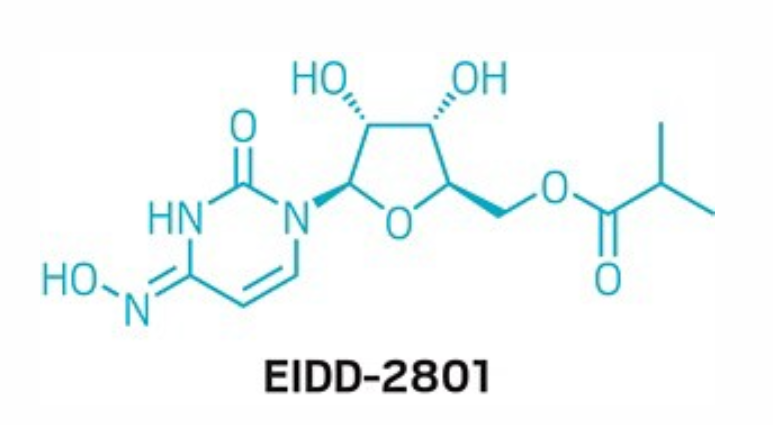I've said this a few times now: short of a cure/vaccine, there's only one "hope" we kind of have for this being a lot less impactful than everyone thinks and that's if the cross-reactivity we've seen in some people unexposed to the virus (based on testing their serum in cell cultures against the new virus and seeing indications of potential antibody and T-cell activity) confers some immunity or at least makes for a much milder infection. There's no way of knowing the answer to this now, though and even if we did, doing these tests require days of work to assess cross-reactivity for one single person (there's no simple "test" for this), so we're very unlikely to ever "know" who might have build in defenses.
Let's try to get this thread back on track a bit...
So, I've mentioned this "cross-reactivity" a few times in the past 2 weeks, but haven't really elaborated on it much yet, other than a post 2 wweks ago (5th link) as it's pretty complex and could easily be subject to errors and misinterpretation. I'm certainly not an expert in immunology, so paging @UMRU here for comment. The first link is to a preprint from a group in Germany first noting this cross-reactivity and the 2nd link is to a peer-reviewed article in Cell (very prestigious journal) from a group from La Jolla, while the 3rd is to today's preprint on a similar topic (but a bit different) from a group in Singapore. The 4th link is to an article in Science about the first two articles, which is easier to follow.
The first two papers discuss how people infected with the new coronavirus (CV2) harbor memory T cells (a subtype of white blood cells which are part of the "adapative immune system" and very important for immunity and vaccines) that target the virus, which likely helps them fight off the virus and recover. That was kind of expected, but the more interesting thing, in some ways, is that both studies also found some (roughly half - small studies) people who had never been infected with CV2 (samples from before 2019) have these cellular defenses, most likely because they were previously infected with other coronaviruses.
The third link was just published as a preprint from a group in Singapore. They found that people who had been exposed to SARS had memory T-cells reactive to CV2 proteins and furthermore that 9 of 18 people never exposed to SARS or CV2 had memory T-cells reactive to CV2 proteins and they think that resulted from previous infections with animal betacoronaviruses.
Obviously, as per the Cell paper and the Berlin paper and per this one, lots to think about with regard to whether and to what extent these findings mean some % of the population may either be immune to or only mildly affected by the novel coronavirus - do these findings help explain why so many people become infected but are asymptomatic? Are there a bunch more people who simply won't become infected by CV2 because of this cross-reactivity? The answer to the last question, in particular, is extraordinarily important to gauging the future impact of the pandemic, since these people wouldn't be showing up as positives in antibody testing of the population, but could significantly reduce the number of people who could become infected (and, of course become ill and/or die). I assume this is going to explode as an area of research.
https://www.medrxiv.org/content/10.1101/2020.04.17.20061440v1
https://www.cell.com/action/showPdf?pii=S0092-8674(20)30610-3
https://www.biorxiv.org/content/10.1101/2020.05.26.115832v1.full.pdf
https://www.sciencemag.org/news/2020/05/t-cells-found-covid-19-patients-bode-well-long-term-immunity
https://rutgers.forums.rivals.com/t...ocial-distancing.191275/page-116#post-4563258



